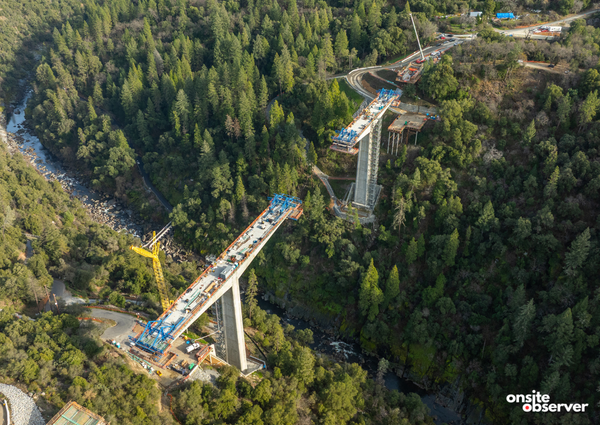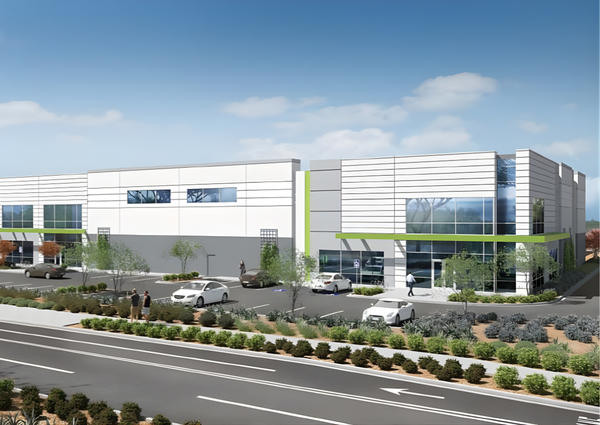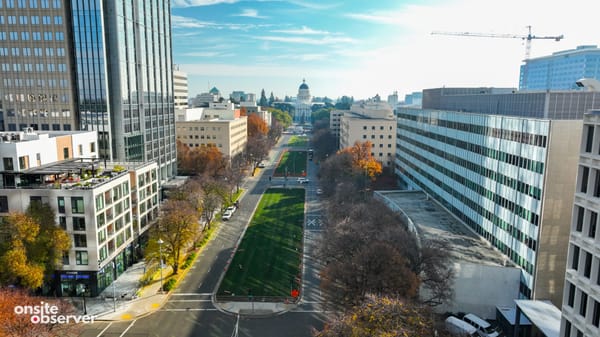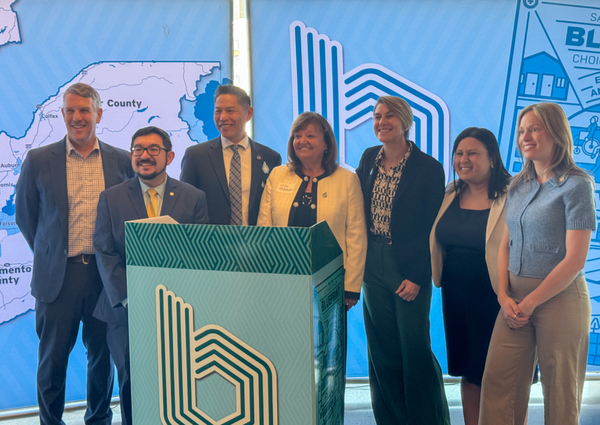Sacramento’s first express lanes are coming to I-80 and U.S. 50. Here’s who won’t have to pay.
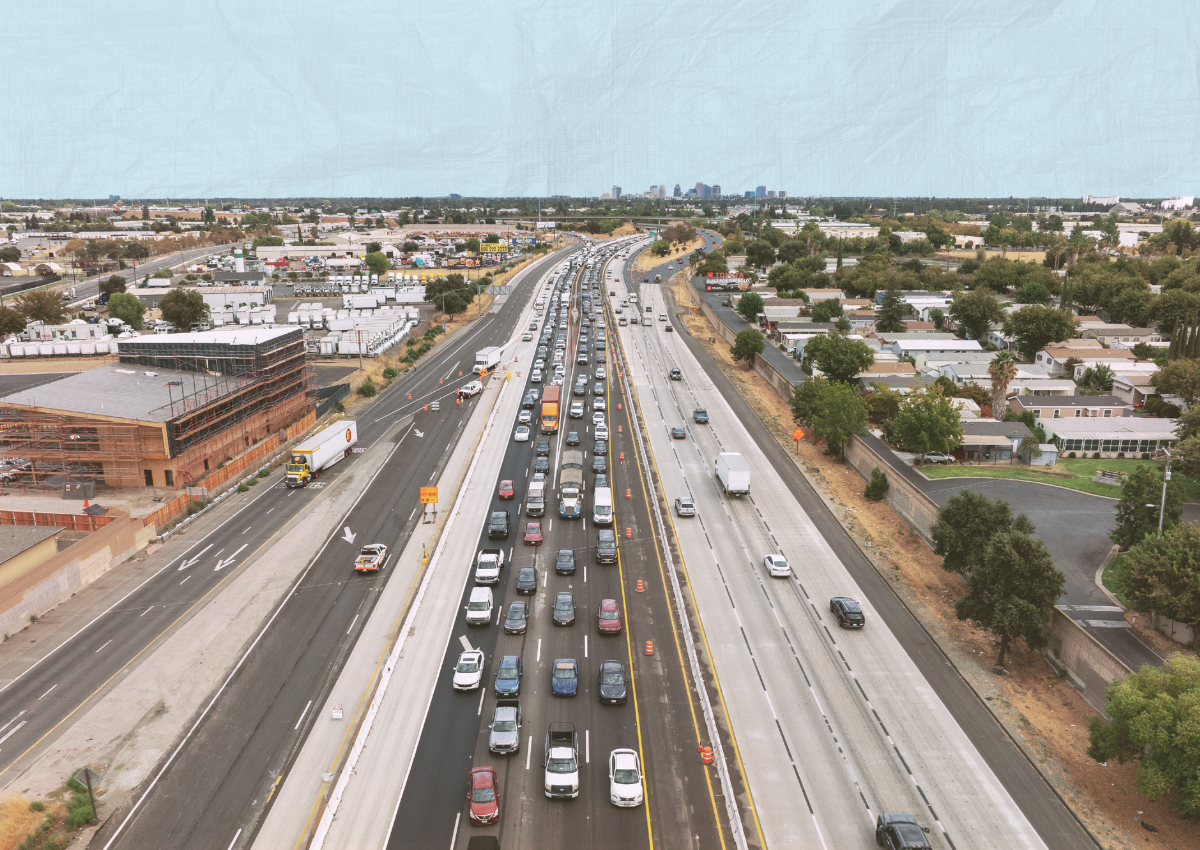
Sacramento’s new regional toll authority is still years away from collecting its first dollar, but the debate over who pays—and who doesn’t—has already begun.
On September 5, the Capital Area Regional Tolling Authority (CARTA) voted to make express lanes free for carpools of three or more passengers and for motorcycles.
The high-occupancy vehicle (HOV) 3+ exemption — allowing cars with three or more passengers to use the lane for free — was already cleared in the environmental review for the Yolo 80 corridor, where the region’s first express lanes are under construction. That left the board little choice but to formalize it. Staff emphasized, however, that if the lanes don’t perform as expected, CARTA could revisit the occupancy threshold. Any adjustment would require a new environmental review. They also noted that future corridors aren’t locked into HOV 3+: the board could adopt a different standard — such as HOV 2+ or even HOV 5+ — depending on local needs.
Video of Yolo 80 Corridor Improvements Project, captured on September 9, 2025.
Allowing carpools to ride free presents an obvious challenge: how do you know how many people are in a moving car? Passenger counts at highway speeds have long been one of the toughest parts of HOV enforcement. Most systems depend on drivers self-reporting with a FasTrak transponder switch—a method that’s easy to cheat and difficult to police.
CARTA officials acknowledged that misreporting is common and can erode both revenue and public trust. To address it, the board directed staff to explore new vehicle-occupancy detection technology. The goal is to develop tools that can verify carpool status accurately without relying on frequent police stops, which are disruptive and unsafe in express lanes.
Motorcycles, meanwhile, will ride free not only for policy consistency but also for practical reasons. Because California law allows lane splitting, it is difficult for tolling systems to reliably detect motorcycles without mistakenly charging vehicles in the next lane. Charging them would require expensive, high-precision systems that are impractical to install, making free passage the simpler choice.
The board also discussed toll discounts for low-income drivers but held off on adopting a program. Instead, CARTA will begin a Regional Toll Equity Study funded through a Caltrans grant awarded in June. The study is expected to launch in November, with a consultant under contract by spring 2026. It will run through December 2027—well before the Yolo 80 lanes are scheduled to begin tolling in summer 2028. Outreach will include focus groups and partnerships with community-based organizations to better understand barriers low-income drivers face when using express lanes.
The exemption vote comes as construction advances on the region’s first express lanes along I-80 and U.S. 50. Caltrans began work in August 2024 and is currently resurfacing the corridor with new concrete, repairing ramps and bridges, widening medians at two bridge locations, and upgrading guardrails and barriers.
When complete, the managed lanes will cover roughly 20.8 miles—stretching from near Kidwell Road in Dixon east to West El Camino Avenue in Sacramento. On U.S. 50, the project continues from the I-80/US-50 split to I-5 near downtown.


